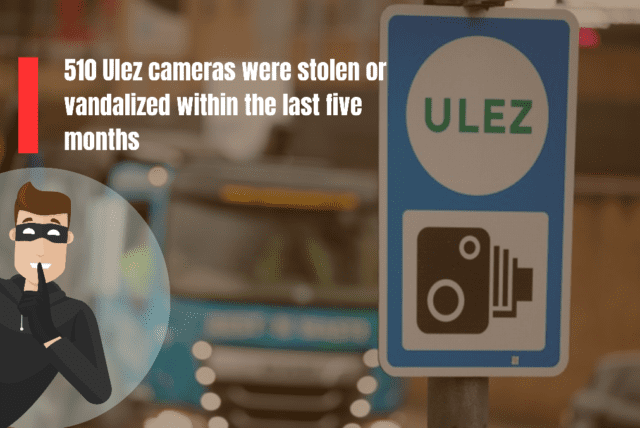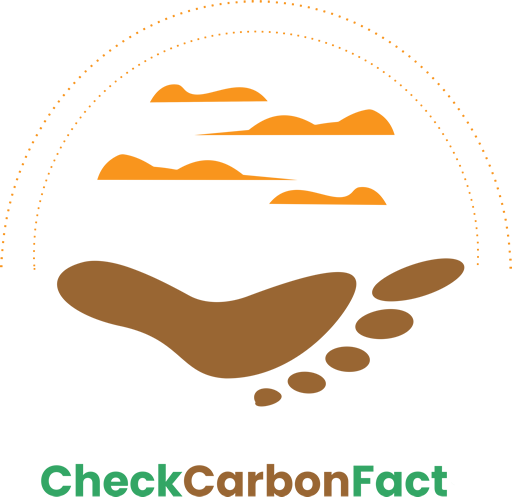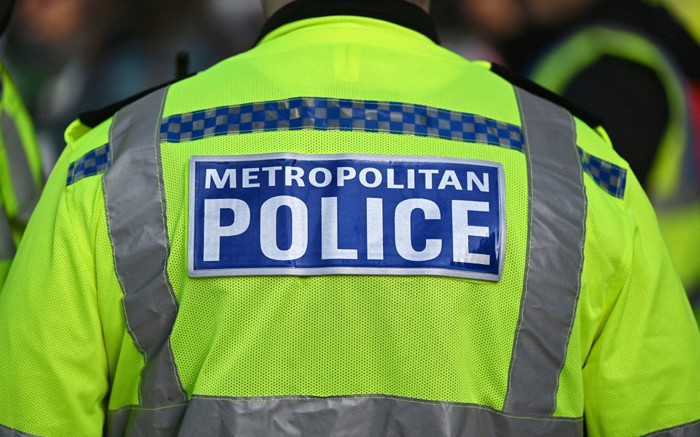Only a few climate change mitigation policies have met with high political controversy and criticism like the ULEZ.
If you don’t have a full import of what ULEZ is and its implications, you can check our blog where we dissected the policy and its implications for the Labour part.
The Ultra Low Emission Zone (ULEZ) policy, implemented by London Mayor Sadiq Khan, aims to reduce air pollution by charging high-pollution vehicles for entering designated areas. Vehicles failing to meet emissions standards face a daily fee of £12.50.
Based on data provided by Transport for London (TfL), road transportation is responsible for 44% of nitrogen oxide (NOx) emissions, 31% of particulate matter (PM2.5) emissions, and 28% of carbon dioxide (CO2) emissions in London.
TfL indicates that the proposed city-wide ULEZ for London is projected to decrease NOx emissions from road transportation in the city by 5.4%, equivalent to 362 tonnes. Additionally, there is an anticipated reduction of 1.5%, or 7.8 tonnes, in London’s PM2.5 emissions from road transportation.
However, this expansion of ULEZ to cover outer London has sparked controversy amid concerns over the cost-of-living crisis.
While disputes continue to thrive with regard to the utility value of the policy, another angle has been introduced to the controversy with a recent surge in the thefts of cameras.

Source: Metro.co.UK
Why are the cameras essential for ULEZ?
ULEZ cameras are a crucial part of enforcing emission restrictions in areas where they are installed. These cameras automatically capture images of vehicles entering and exiting the ULEZ zones and check their emissions against established standards. If a vehicle fails to meet the emission requirements, a fine is issued to its owner.
However, theft and vandalization of ULEZ cameras have become a concern. The incidence has reached alarming levels, with figures from the London Metropolitan Police revealing that at least 510 ULEZ cameras were stolen or vandalized within the last five months, according to the BBC report.
This concerning trend has prompted a significant allocation of resources from the police to combat these crimes. This situation coincides with the recent expansion of the scheme in August to cover outer London as well.
How is the police dealing with this?
Met Commissioner Sir Mark Rowley has emphasized the severity of this issue, not only in terms of property damage but also as a drain on policing resources. With approximately 160 reports of stolen cameras and 350 cameras damaged, law enforcement agencies are intensifying efforts to combat these crimes. Sir Mark has made it clear that active investigations and perpetrators will be pursued and apprehended.
Transport for London (TfL) has affirmed its commitment to maintaining ULEZ operations London-wide, swiftly replacing vandalized cameras. The vandalism poses risks not only to the perpetrators, who could face prosecution and life-changing injuries but also to public safety.
Mayor of London Sadiq Khan’s spokesperson has stressed that while people have the right to express their opposition to policies peacefully and lawfully, criminal damage is unacceptable.
Similarly, the Met has reiterated its commitment to taking ULEZ-related criminal activity seriously and deploying substantial resources to address these issues, including monitoring anti-Ulez protests to assess if bespoke policing plans are necessary.
What is at Stake?
The current criminality surrounding ULEZ cameras in London carries several significant implications:
- Impact on enforcement: The theft and vandalism of the cameras undermine the effectiveness of the ULEZ policy. Without proper surveillance and enforcement tools, it becomes challenging to identify and penalize non-compliant vehicles, potentially leading to increased pollution and compromised air quality.
- Financial costs: Replacing or repairing vandalized or stolen cameras incurs substantial financial costs for the city. This diverts resources that could otherwise be allocated to improving infrastructure, public services, or other essential initiatives.
- Resource allocation: Law enforcement agencies are dedicating a considerable amount of resources to tackle ULEZ camera-related crimes. This diverts their attention and efforts away from addressing other pressing issues in the city, potentially impacting overall safety and security.
- Public safety: The act of vandalizing or stealing Ulez cameras poses risks not only to the perpetrators but also to the general public. Damage to surveillance equipment can lead to malfunctions or accidents, putting innocent bystanders at risk.
- Erosion of public trust: Criminality surrounding ULEZ cameras can erode public trust in the policy itself and the ability of authorities to enforce it effectively. If people perceive that the system is vulnerable to criminal interference, they may become less inclined to support or comply with regulations.
- Long-term environmental impacts: Failure to curb air pollution through ULEZ enforcement can have long-term environmental and public health consequences. Air pollution is linked to various health issues, including respiratory problems and cardiovascular diseases, and failing to address it can result in increased healthcare costs and reduced overall quality of life for residents.
Want to know just how much you can do to cut carbon emissions? This quick survey gives an idea?
Found it interesting and would like more in the mail?




